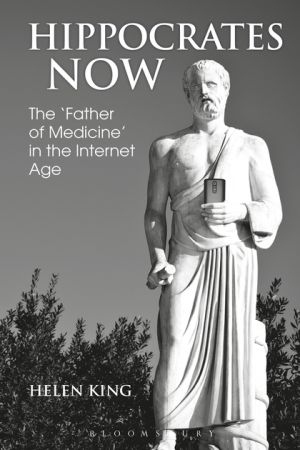Anti-Vivisection and the Profession of Medicine in Britain
A Social History
by A.W.H. Bates
DescriptionDetailsHashtagsReport an issue







Book Description
This book explores the social history of the anti-vivisection movement in Britain from its nineteenth-century beginnings until the 1960s. It discusses the ethical principles that inspired the movement and the socio-political background that explains its rise and fall. Opposition to vivisection began when medical practitioners complained it was contrary to the compassionate ethos of their profession. Christian anti-cruelty organizations took up the cause out of concern that callousness among the professional classes would have a demoralizing effect on the rest of society. As the nineteenth century drew to a close, the influence of transcendentalism, Eastern religions and the spiritual revival led new age social reformers to champion a more holistic approach to science, and dismiss reliance on vivisection as a materialistic oversimplification. In response, scientists claimed it was necessary to remain objective and unemotional in order to perform the experiments necessary for medical progress.This open book is licensed under a Creative Commons License (CC BY). You can download Anti-Vivisection and the Profession of Medicine in Britain ebook for free in PDF format (2.8 MB).
Book Details
Title
Anti-Vivisection and the Profession of Medicine in Britain
Subject
Philosophy
Publisher
Palgrave Macmillan
Published
2017
Pages
230
Edition
1
Language
English
ISBN13
9781137556967
ISBN10
113755696X
ISBN13 Digital
9781137556974
ISBN10 Digital
1137556978
PDF Size
2.8 MB
License

Related Books

In this updated edition of a groundbreaking text, concepts such as energy return on investment (EROI) provide powerful insights into the real balance sheets that drive our "petroleum economy." Hall and Klitgaard explore the relation between energy and the wealth explosion of the 20th century, and the interaction of internal limits to grow...

This book presents an overview of the main research findings and case studies concerning education and skills for inclusive growth, green jobs and the greening of economies. Focusing on India, Indonesia, Sri Lanka and Viet Nam, it discusses government and business sector responses to these issues and how Technical and Vocational Education and Train...

This book presents a multidisciplinary perspective on chance, with contributions from distinguished researchers in the areas of biology, cognitive neuroscience, economics, genetics, general history, law, linguistics, logic, mathematical physics, statistics, theology and philosophy. The individual chapters are bound together by a general introductio...

The Hegemony of Heritage makes an original and significant contribution to our understanding of how the relationship of architectural objects and societies to the built environment changes over time. Studying two surviving medieval monuments in southern Rajasthan - the Ambika Temple in Jagat and the Ékalingji Temple Complex in Kailaspuri - the aut...

How does technology impact research practices in the humanities? How does digitisation shape scholarly identity? How do we negotiate trust in the digital realm? What is scholarship, what forms can it take, and how does it acquire authority?
This diverse set of essays demonstrate the importance of asking such questions, bringing together establis...

This book will challenge widespread assumptions about Hippocrates (and, in the process, about the history of medicine in ancient Greece and beyond) and will also explore the creation of modern myths about the ancient world. Why do we continue to use Hippocrates, and how are new myths constructed around his name? How do news stories and the internet...

